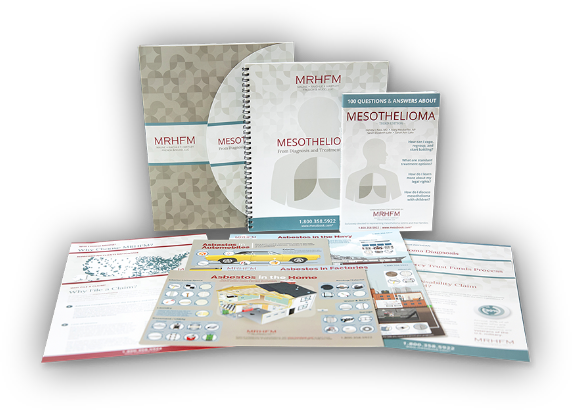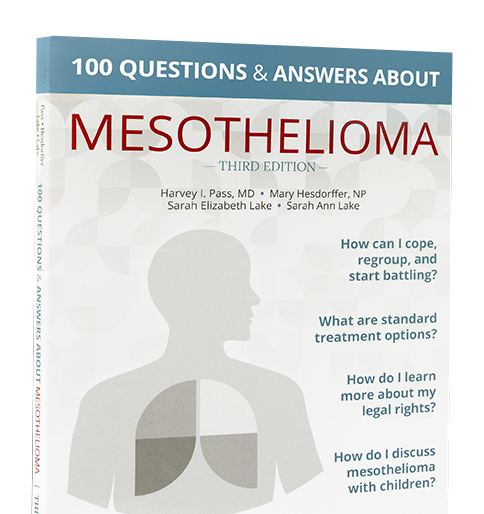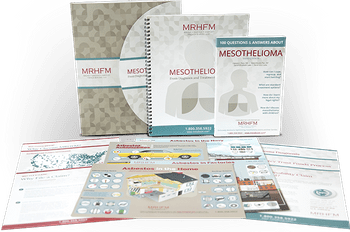The mainstay of malignant pleural mesothelioma (MPM) treatment is surgery, radiation, and chemotherapy. However, recent studies show that adding targeted-therapy to chemotherapy drugs such as cisplatin and pemetrexed could greatly enhance the effectiveness of these treatments, thus improving overall survival (OS). One promising targeted-therapy is a vascular endothelial growth factor (VEGF) inhibitor called bevacizumab, trade name Avastin.
According to Drs. Pavel Levin and Jonathan Dowell of the University of Texas Southwestern Medical Center and authors of Spotlight on bevacizumab and its’ potential in the treatment of malignant pleural mesothelioma: the evidence to date, “vascular endothelial growth factor (VEGF) and its receptor have been recognized as important players in the biology of this disease. Bevacizumab is a monoclonal antibody that binds VEGF and blocks its interaction with the VEGF receptor. Recent studies have shown benefit with the addition of bevacizumab to the combination of cisplatin and pemetrexed in MPM. This combination is now included in the National Comprehensive Cancer Network guidelines (with a category 2A recommendation) as a possible first-line treatment for unresectable MPM in appropriately selected patients.”
In addition, writes Drs. Levin and Dowell, “immunotherapy agents (including programmed cell death 1 [PD-1], programmed death ligand 1 [PD-L1], and cytotoxic T lymphocyte-associated 4 [CTLA-4] inhibitors) are currently being investigated in MPM and preliminary studies show encouraging activity with these drugs.” Developing evidence suggests that VEGF may suppress T-cell-mediated immune response as well, and therefore, “anti-VEGF therapies may augment the effect of immunotherapy in cancer.” This, says the team, “provides a strong preclinical rationale for future trials targeting VEGF in combination with immunotherapy in MPM.” In fact, a trial of pembrolizumab and nintedanib (PEMBIB) is currently recruiting patients across different malignancies, including MPM.
Though Avastin is not yet approved for MPM treatment, it is approved for a range of difficult-treat cancers such as advanced cervical cancer, kidney cancer, brain cancer, and advanced nonsquamous non-small cell lung cancer (NSCLC). Drs. Levin and Dowell expect to see further clinical studies with bevacizumab-based chemotherapy regimens in combination with immunotherapy in patients with MPM.
Sources
Avastin® (bevacizumab) | Official Patient & Caregiver Website. Genentech USA, 2017. Web. 21 June 2017.
Levin, Pavel A., and Jonathan E. Dowell. "Spotlight on Bevacizumab and Its’ Potential in the Treatment of Malignant Pleural Mesothelioma: The Evidence to Date." OncoTargets and Therapy. Dove Medical Press, 07 Apr. 2017. Web. 21 June 2017.
"Trial Of Pembrolizumab And Nintedanib (PEMBIB)." ClinicalTrials.gov. U.S. National Library of Medicine (NLM), U.S. National Institutes of Health (NIH), U.S. Department of Health and Human Services (HHS), 02 Aug. 2016. Web. 21 June 2017.






